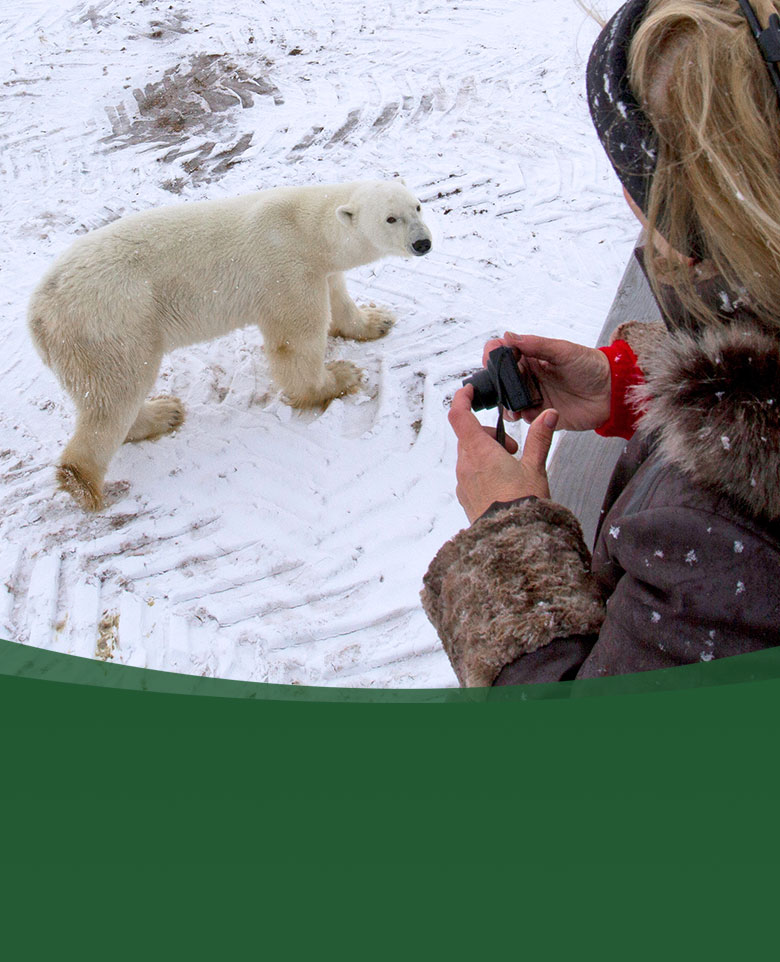
Avian influenza death of Alaska polar bear is a global first and a sign of the virus' persistence • Washington State Standard

A 'mass exodus' of polar bears from Alaska to Russia has taken place, local residents claim | polarbearscience
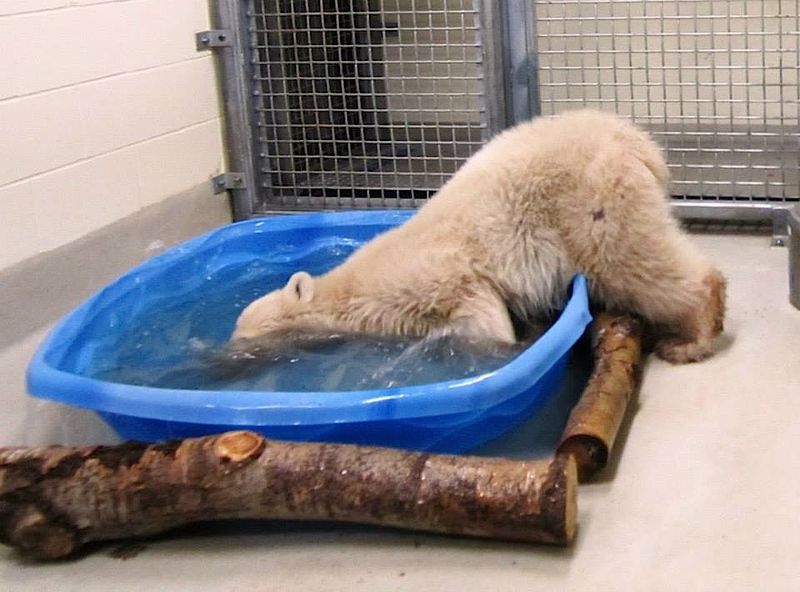
UM Today | Faculty of Science | Polar Bears like to play — and other facts about bear habitat and behaviour
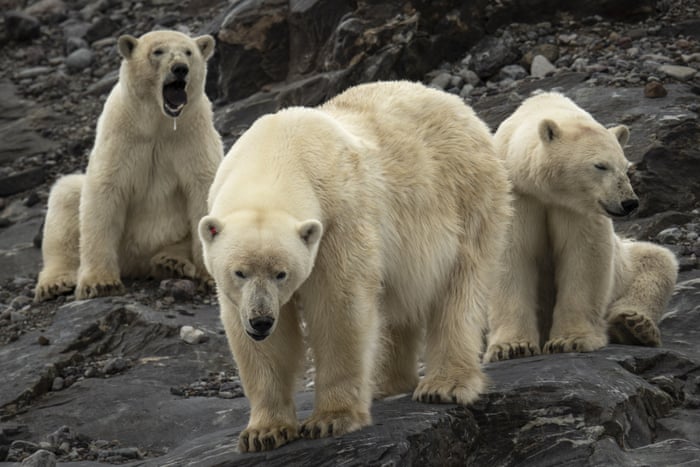
Why it may be time to stop using the polar bear as a symbol of the climate crisis | Polar regions | The Guardian

A dream come true… seeing polar bears in the wild 🐻❄️✨ Churchill, Manitoba is often called “the polar bear capital of the world”. And… | Instagram

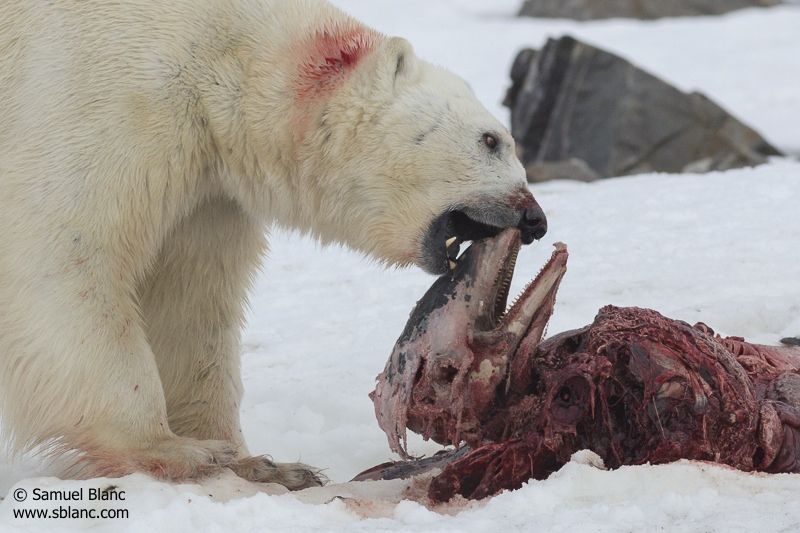
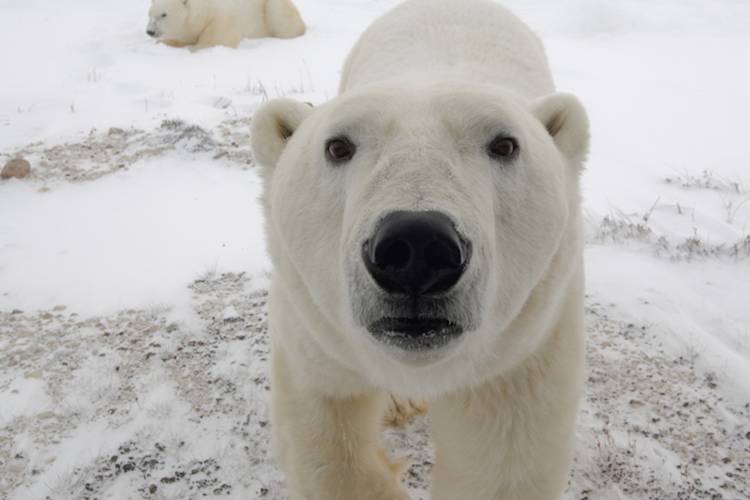

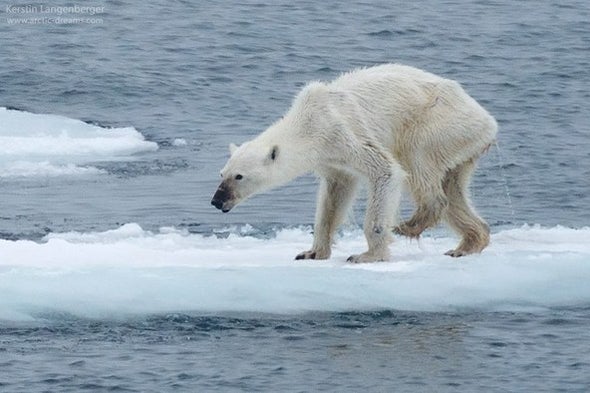



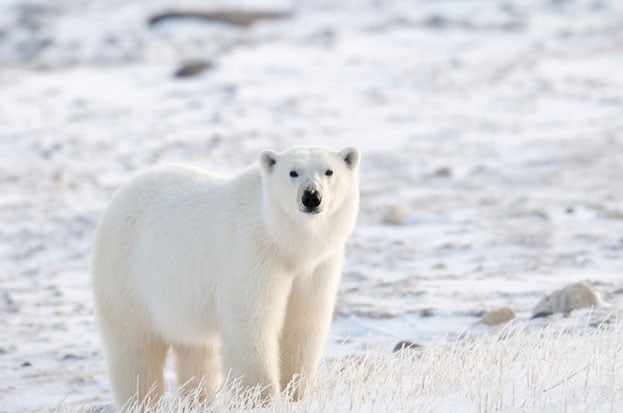
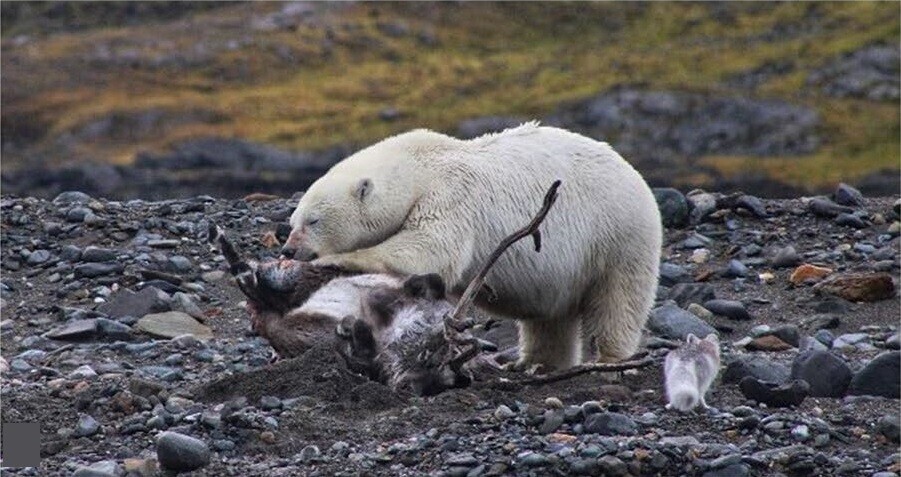

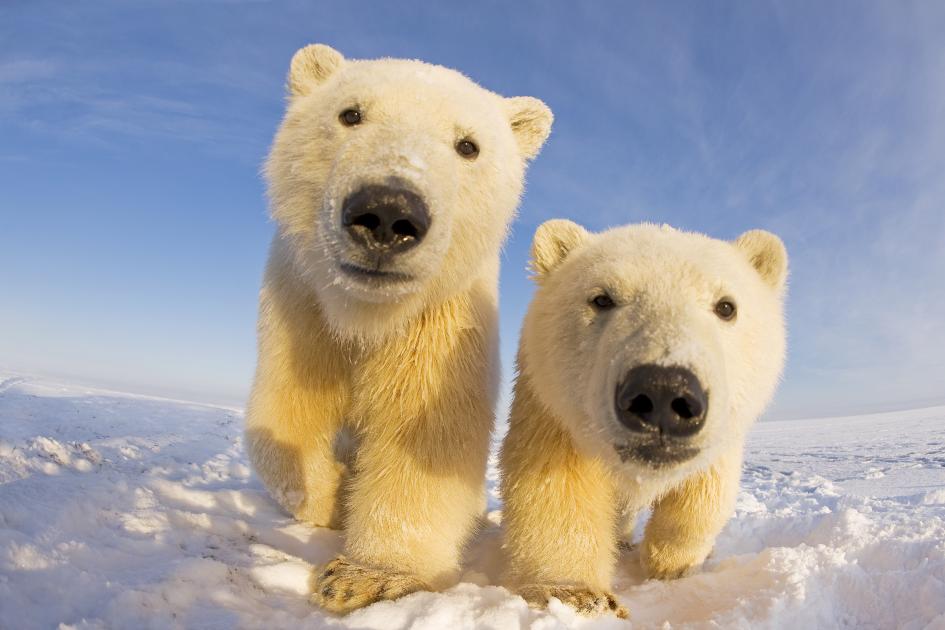


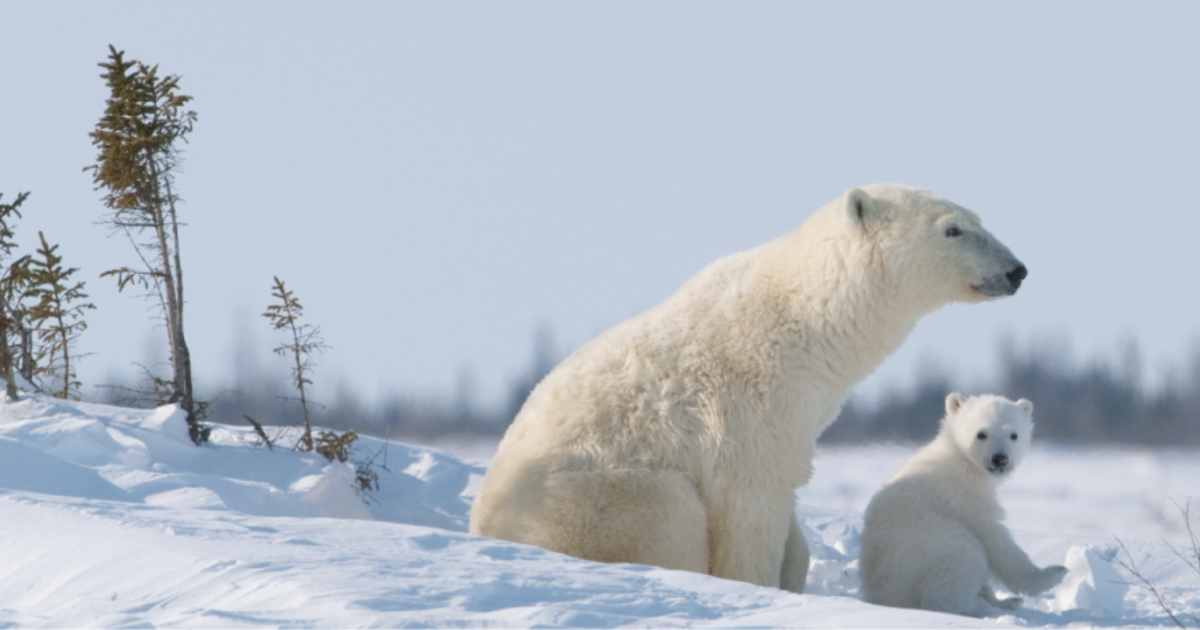
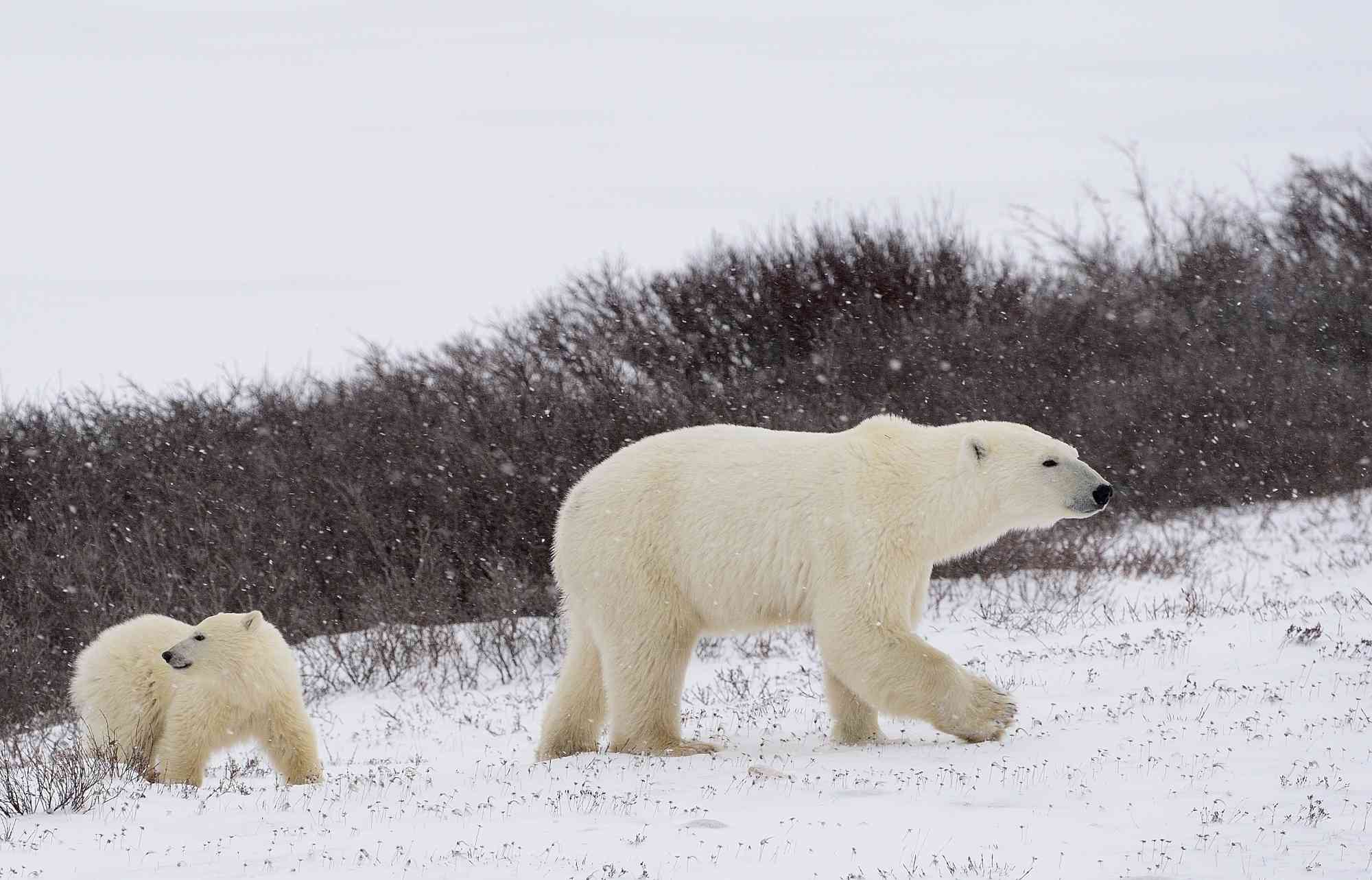

/cdn.vox-cdn.com/uploads/chorus_asset/file/23632703/GettyImages_534983956.jpeg)



